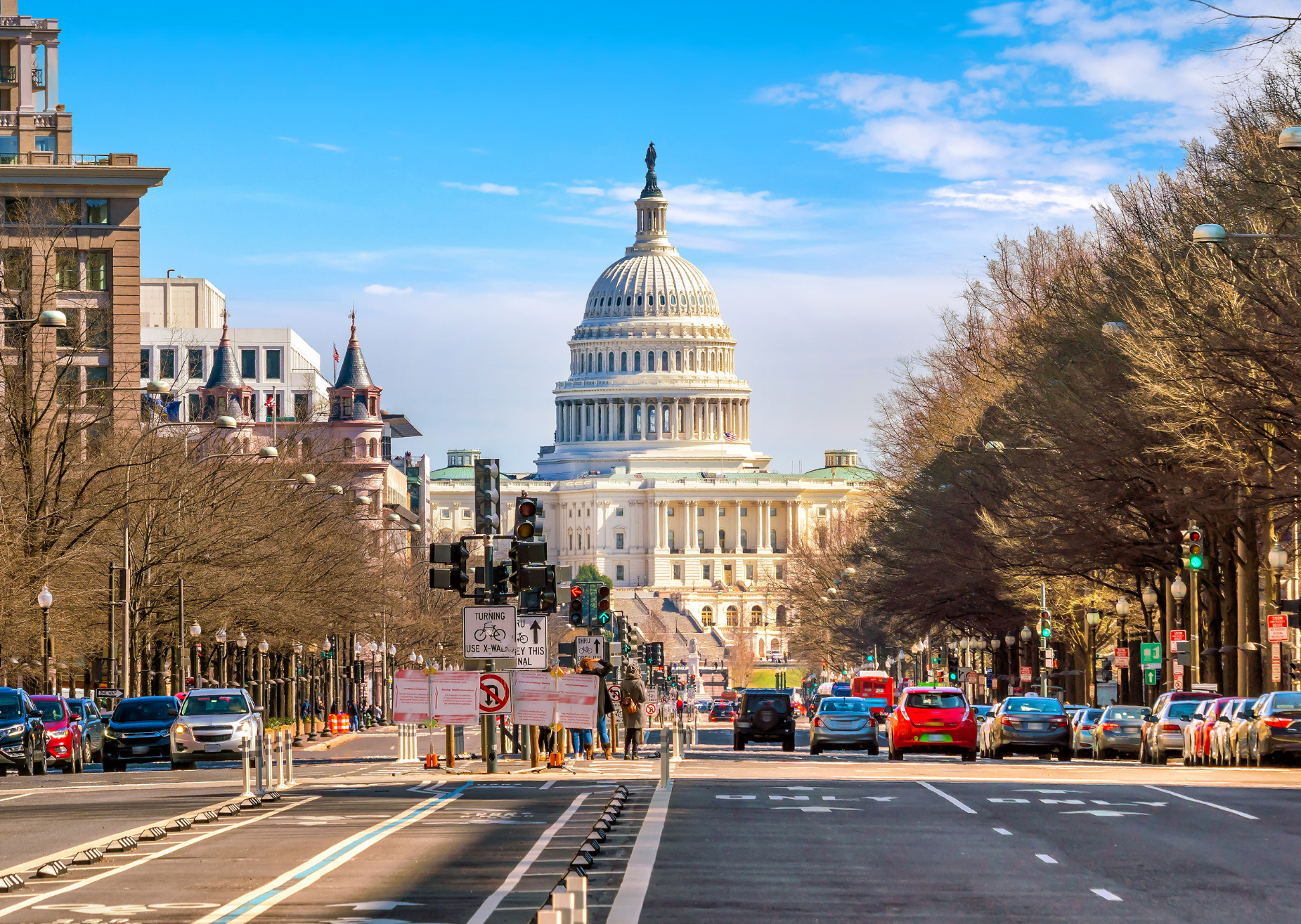President Trump recently announced that his administration will seek the death penalty for all murder cases in Washington, D.C., framing the move as part of a broader effort to fight crime. However, it is uncertain how this measure could be implemented. Although federal prosecutors may pursue the death penalty in federal cases, D.C.’s murder statute does not allow it, following a 1972 Supreme Court decision to abolish it. This Spotlight examines Americans’ views on the legality of the death penalty, finding that most D.C. residents say that the death penalty should be illegal in all or most cases. In addition, Christians of color and non-Christians, young Americans, and those with higher levels of education are less likely than other Americans to support the death penalty.
Throughout 2024, the PRRI American Values Atlas asked Americans whether they believe capital punishment, also known as the death penalty, should be legal or illegal in all or most cases. Our findings show that six in ten Americans say the death penalty should be legal in all or in most cases (61%), with just 16% who say it should be legal in all cases. Republicans (79%) are notably more likely than Democrats (50%) to say the death penalty should be legal, while independents closely mirror all Americans (62%).
White Christian groups are more likely than other religious groups to say the death penalty should be legal. Support is highest among white evangelical Protestants (75%), followed by white mainline Protestants (69%), white Catholics (65%), and Latter-day Saints (64%). Smaller majorities of Hispanic Catholics (61%), Hispanic Protestants (58%), Jewish Americans (57%), and religiously unaffiliated Americans (56%) also favor its legality. By contrast, Black Protestants (53%) and members of other non-Christian religions (52%) are the least likely to support the legality of the death penalty.
Multiracial (65%) and white Americans (64%) are the most likely to agree that the death penalty should be legal, compared with smaller majorities of AAPI (58%), Hispanic (57%), and Black (53%) Americans. White Americans without a college degree are significantly more likely than those with a college degree to favor the death penalty (71% vs. 53%).
Support for the death penalty shows small differences by gender, with 63% of men and 59% of women saying it should be legal. However, support declines with higher levels of education and increases with age. Nearly two-thirds of Americans with a high school education or less (64%) or some college (67%) support the legalization of the death penalty, compared with 58% of college graduates and less than half of Americans with postgraduate degrees (48%). By contrast, just under half of young Americans ages 18-29 (49%) support the death penalty, compared with 59% of those ages 30-49, 67% of those ages 50-64, and 66% of seniors 65 and older.
Support for the death penalty varies widely across the country. Alaska emerges as the state with the highest support for the death penalty being legal at 72%, followed closely by Idaho, Montana, South Dakota, and Wyoming at 70% each. In most other states, support ranges in the 60s, while states like Maine, Minnesota, Nebraska, Rhode Island, Virginia, Connecticut, and Massachusetts are more evenly divided. By contrast, residents of the District of Columbia stand out with the lowest support in the nation at only 40%.





